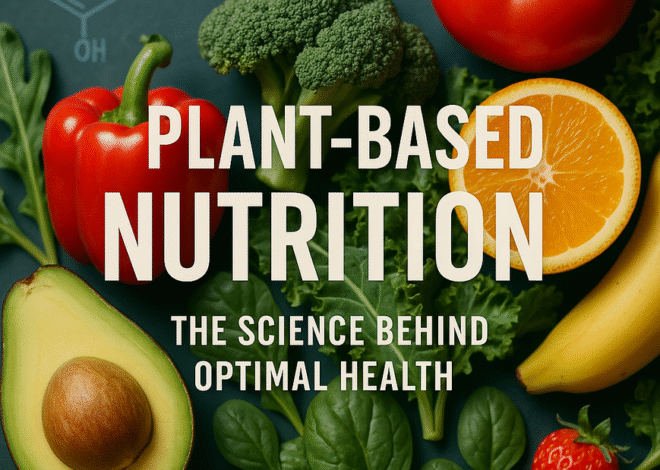
Exploring Mindfulness Techniques For Enhanced Well-Being
“`html
Introduction to Mindfulness: Understanding Its Importance in Daily Life
Mindfulness is increasingly recognized as a powerful tool for both mental and emotional health. By being present and fully engaging with our thoughts, feelings, and surroundings, mindfulness helps reduce stress and anxiety. Research indicates that practicing mindfulness can reshape the brain regions associated with emotion regulation, leading to improved responses during stressful situations [Source: Frontiers in Psychology].
Basic Mindfulness Techniques for Beginners: Starting Your Practice
For those new to mindfulness, starting with basic techniques is crucial. Simple practices such as mindful breathing can help individuals focus on their breath, providing a gateway to deeper mindfulness experiences. Studies have demonstrated that mindful breathing activates the parasympathetic nervous system, facilitating relaxation and reducing stress responses [Source: National Institutes of Health]. Additionally, engaging in mindfulness-based stress reduction (MBSR) programs can teach newcomers valuable skills for managing stress effectively through meditation and yoga [Source: Johns Hopkins Medicine].
Advanced Mindfulness Strategies: Deepening Awareness and Focus
Advanced mindfulness practices further enhance self-awareness and emotional regulation. Techniques such as body scanning guide individuals to concentrate on various parts of their body, promoting deep relaxation and stress relief [Source: Psychology Today]. Practices like loving-kindness meditation can also elevate emotional resilience, encouraging empathy and a compassionate response to stressors [Source: Greater Good Science Center]. By integrating mindful practices such as yoga or Tai Chi, individuals can achieve a harmony of mind and body, leading to improved cognitive functioning [Source: SAGE Journals].
Mindfulness for Stress Reduction and Emotional Well-being
Mindfulness has proven to be an extremely effective method for reducing stress and enhancing overall emotional health. Techniques such as body scan meditation foster a greater awareness of physical sensations, promoting calmness [Source: Psychology Today]. Regular mindfulness practice has been linked to decreases in anxiety and depression, leading to improved emotional resilience [Source: Frontiers in Psychology]. By incorporating mindfulness into everyday routines, individuals can nurture their mental health and develop a more balanced outlook on life.
Integrating Mindfulness into Your Everyday Routine for Lasting Benefits
Effectively integrating mindfulness into daily activities can yield lasting benefits for personal growth and health. Starting with mindful mornings, take a few moments to practice deep breathing, setting a positive tone for your day [Source: Positive Psychology]. Mindful eating encourages savoring meals, which enhances satisfaction and reduces overeating [Source: NCBI]. Additionally, engaging in mindful movement during walks can improve both physical and mental clarity [Source: Psychology Today]. Taking short breaks for mindfulness throughout the day can also contribute to stress reduction [Source: Mindful], while ending the day with reflection enhances emotional well-being and appreciation [Source: Verywell Mind].
Sources
- Greater Good Science Center – What is Loving-Kindness Meditation?
- SAGE Journals – The Impact of Yoga on Cognitive and Emotional Functioning
- Frontiers in Psychology – The Benefits of Mindfulness for Emotional Regulation
- National Institutes of Health – Mindfulness Techniques for Stress Reduction
- Johns Hopkins Medicine – Mindfulness-Based Stress Reduction
- Psychology Today – Body Scan Meditation
- Psychology Today – The Body Scan Meditation
- Positive Psychology – Mindfulness Morning Routine
- NCBI – Mindful Eating Research
- Mindful – 10 Mindful Breaks for Your Workday
- Verywell Mind – The Power of Reflection
“`







